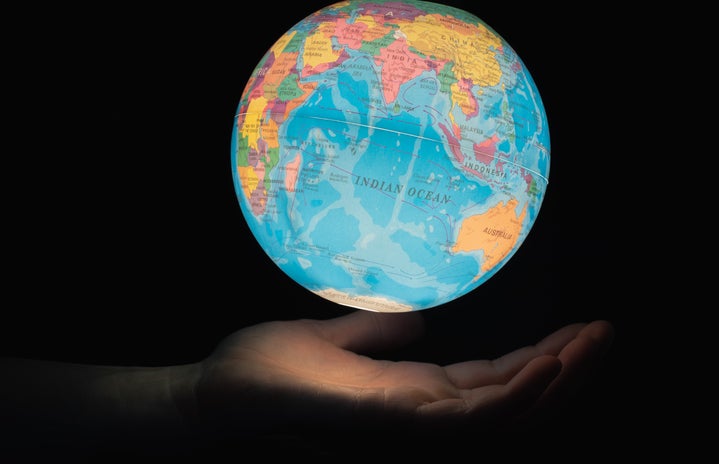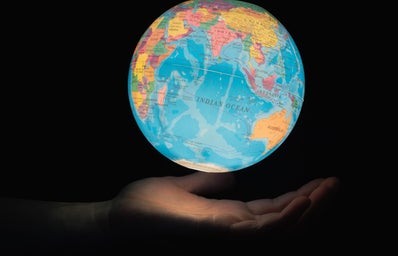When I was little, I thought my hometown was okay. I was doing well in school, I had friends, and I had my family by my side. I didn’t think much of it because I never lived anywhere else, and I thought this was how life was supposed to be. Everything was consistently fine for the most part, and I didn’t seek anything different. However, life didn’t stay the same for long.
By the time I finished elementary school, I had to move to India for two years, which meant that I spent junior high in a region that I didn’t know much about. I knew I wasn’t home when I settled in a city called Bangalore in the state of Karnataka. I noticed that something changed in me when I felt like I was misplaced somewhere.
Even though Bangalore was a decent place to live in, it was completely different from the Bay Area. I’m of Indian descent, but it was still a huge culture shock for me since I grew up in American culture. There were cultural and communication differences that made it difficult to adjust to this new environment. I was definitely worried about making new friends and fitting in, but no matter how much I tried to not be an outsider, I didn’t feel like I belonged there. I really missed being back home, and I thought I was missing out on so many of the experiences in my hometown that I would usually go through if I was there. Not until years after I left Bangalore did I realize that moving there at such a young age was one of the best things that ever happened to me.

I expected California to be the same when I moved back around the time high school was about to start. Even though I was back in my hometown, I was not ready for the extensive amounts of academic pressure and feeling like I was an outsider again since I didn’t go to the same junior high school as everyone else. I had to go through a similar experience of trying to fit in, but this time, it was in my own hometown.
What I called my home didn’t feel like home anymore. That awareness about how I felt then was confusing and upsetting. I was wondering why I wasn’t able to belong anywhere. I didn’t feel like I could be myself anywhere, so where did I fit in? Where is that place that I can call my home?
Well… who said home needed to be a place? Over time, I noticed that no matter where you are in the world, you will always have yourself, and you can become your own home. In my opinion, home is that feeling of security and fulfillment that doesn’t need to be in a geographical location. It can instead be a lifestyle or a way of thinking that opens you to all the opportunities to unapologetically and passionately be yourself without the feeling that you need to belong somewhere.

I eventually created my own archive of memories and feelings of joy, excitement, and peace that became the foundation and the encouragement for me to further cultivate that sense of home. I have memories from California, Massachusetts, and India that make up parts of what my home is, but home also has something to do with the people that I enjoy my time with and how I spend the time that I have with myself.
As long as you can be there for yourself no matter what happens, that’s when you know you have unlocked your inner sense of home. That doesn’t mean that you have to feel secure and comfortable with wherever you are all the time, but at least there is a part of you that you can always get back to give you guidance and to always remind you that you are where you need to be and that everything will fall into place.



